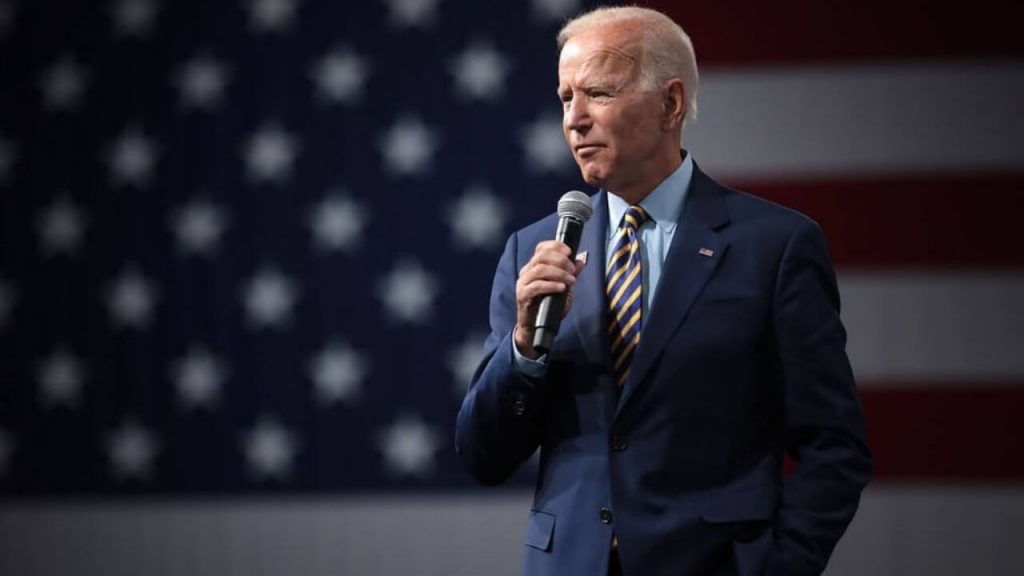
The U.S. Sentencing Commission (USSC) has made more than 6,500 Americans eligible for marijuana pardon under President Joe Biden’s plan to change state marijuana laws.
Earlier this month, Biden unveiled a sweeping three-pronged plan to pardon all federal convictions for simple marijuana possession, require all state governors to grant pardons for similar federal offenses, and begin reopening Evaluate how marijuana is classified under state law.
According to Morgan Fox, policy director of the National Organization for Marijuana Law Reform, Biden’s actions acknowledge widespread incarceration related to marijuana.
Anyone convicted of distributing or selling marijuana is not eligible for a pardon. Additionally, authorities claim that no one is currently serving time in federal prison for marijuana possession. However, the change will make it easier for individuals to apply for state aid and find housing, jobs or college.
Since then, the USCC has issued a press guide outlining projections for those who may be affected by the federal pardon. 6,577 Americans will be acquitted under Biden’s pardon, according to USCC research, which includes federal data from 1992. It was found that the majority of those eligible for assistance lived in the southwestern or mid-Atlantic regions of the United States of America.
The Justice Department says a presidential marijuana pardon is simply a gesture of presidential forgiveness, usually in recognition of an applicant’s guilty plea to a crime and a substantial period of good behavior following conviction or completion of the process. sentence. This does not mean innocent. However, it removes any civil restrictions imposed by sentences seeking leniency (such as restrictions on voting rights, holding government or municipal office, or serving on a jury) and should reduce the stigma associated with convictions. With its help, a license, bond or job can be obtained.
President Joe Biden announced on October 6 that he intends to pardon all previous federal convictions for simple marijuana possession. Additionally, the president said he urged governors to take appropriate action.
Currently, nearly two states have passed laws that explicitly facilitate the process of having some marijuana convictions set aside, dismissed, otherwise set aside or closed to the public. Under these laws, state and local officials across the country have seized or deleted the records of more than 2 million people with previous marijuana convictions. Governors in Washington, Colorado, Illinois and Nevada are estimated to have also pardoned more than 30,000 people with minor marijuana convictions.


